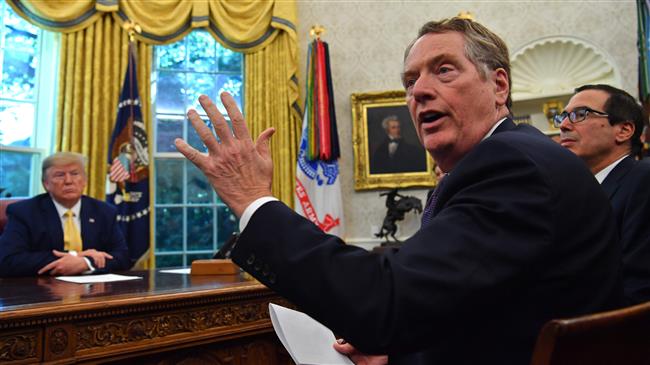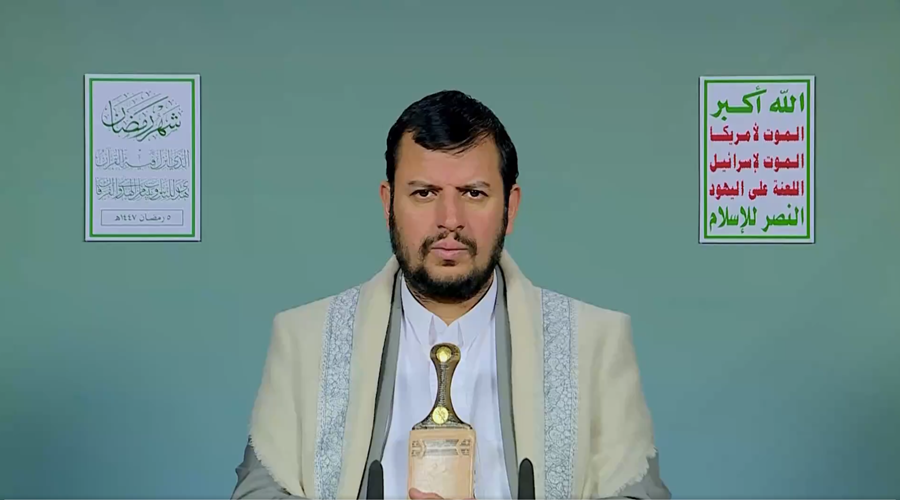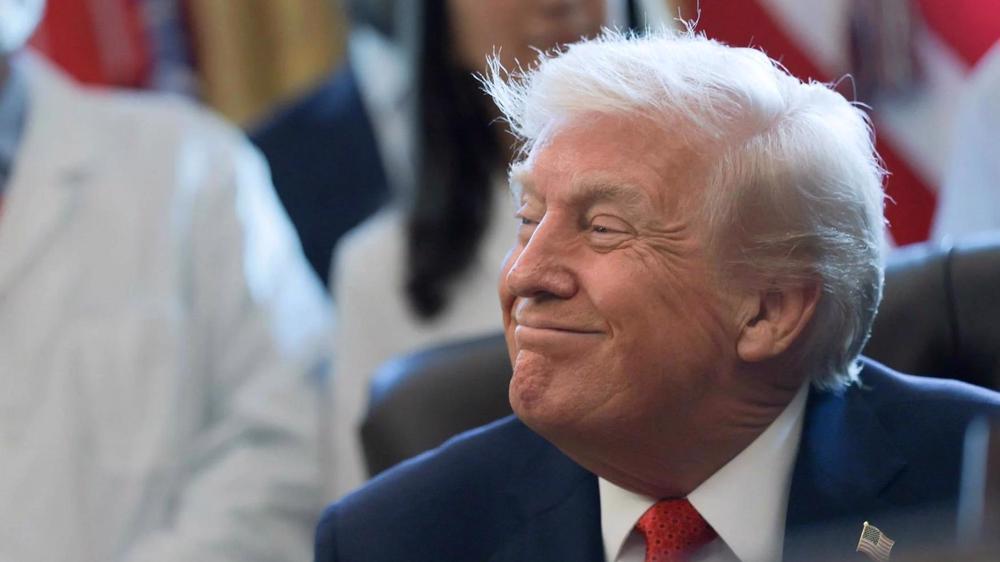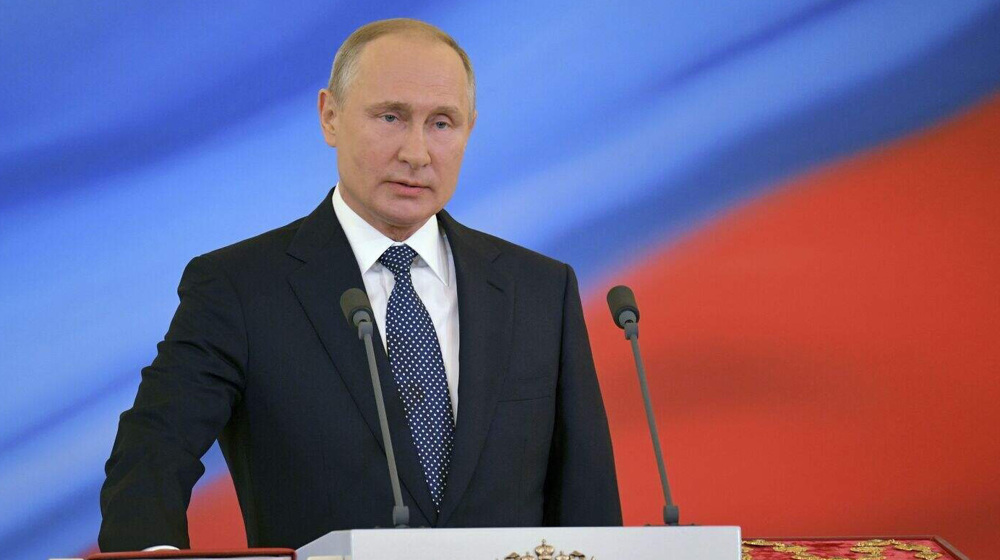US-China trade war remain unresolved despite partial truce
US President Donald Trump has touted his partial, unsigned trade deal with China as a major achievement and the best deal US farmers have ever secured, but the grievances that led Washington and Beijing to impose massive tariffs on each other’s goods remain largely unresolved.
"WOW, the Farmers really hit pay dirt," Trump tweeted Saturday.
"The deal I just made with China is, by far, the greatest and biggest deal ever made for our Great Patriot Farmers in the history of our Country," Trump wrote.
The Trump administration agreed on Friday to suspend a tariff hike on $250 billion worth of Chinese imports that was set to take effect Tuesday. And China agreed to buy up to $50 billion in U.S. farm products.
Trump announced the cease-fire in a White House meeting with the top US and Chinese negotiators. The news followed two days of talks in Washington, the 13th round of negotiations between the two countries’ delegations.
The de-escalation in tension between the world’s two largest economies was welcomed by financial markets. The US-China hostilities have alarmed investors and escalated costs and uncertainties for many businesses.
But the trade accord will take weeks to finalize, and the details are not clear. Nor will it roll back tariffs already in place on hundreds of billions of dollars in two-way trade.
The two sides have touted progress in their trade talks before, only to see things come apart later.
“The president is acting as if a lot of Chinese concessions have been nailed down, and they just haven’t,” said Derek Scissors, a China specialist at the American Enterprise Institute, a think tank in Washington, DC.
And the threat of escalation looms over the two countries: Trump has yet to drop plans to impose tariffs that are set to take effect December 15 on an additional $160 billion in Chinese products , a move that would extend duties to just about everything China exports to the United States.
Gregory Daco, an economist at Oxford Economics, suggested that the partial nature of the deal won’t relieve much of the uncertainty surrounding trade policy that has discouraged many American companies from investing in new equipment and expanding.
“For businesses this will mean less damage, not greater certainty ... “Beyond the promises and niceties, the deal doesn’t address key underlying issues,” Daco said in a research note.
The two countries are in a standoff primarily over Washington’s assertions that China uses predatory tactics, including technology theft, in a drive to become the global leader in robotics, self-driving cars and other advanced technology.
Nouri al-Maliki vows not to withdraw bid for Iraq’s premiership
OIC calls emergency summit as Israel accelerates West Bank expansion
Israel, not America, first: Carlson’s Huckabee interview lays bare US foreign policy priorities
VIDEO | Call for unity, more support for Palestine, humanitarian action during Ramadan
Lebanese parliament speaker rejects any postponement of elections
VIDEO | Gazans break Ramadan fast amid rubble of their destroyed homes
Iran seeks to strengthen strategic ties with West African countries: Defense minister
US envoy’s remarks on Israeli West Asia expansion shows Muslim world targeted: Houthi











 This makes it easy to access the Press TV website
This makes it easy to access the Press TV website